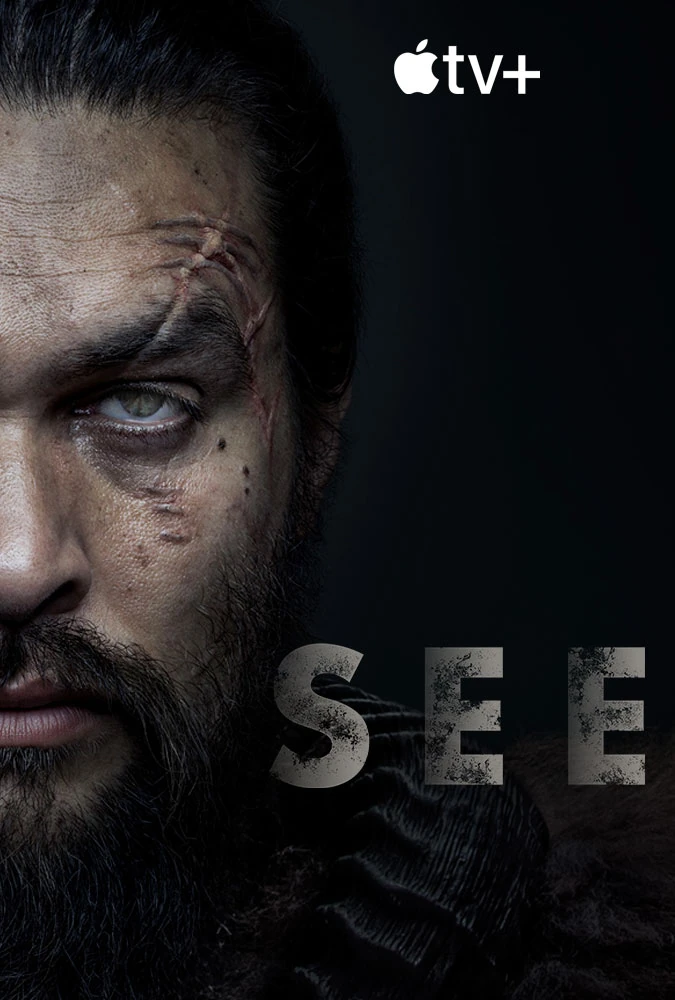A Crime on the Bayou - A Gripping Documentary
Justice Delayed, But Not Denied?
Imagine a legal battle fought not with swords and shields, but with meticulously researched documents and unwavering moral courage. That's the essence of Nancy Buirski's "A Crime on the Bayou," a documentary that unfolds like a slow-burning fuse, igniting with righteous fury by the end. This 2021 film revisits a pivotal moment in American history, exploring themes of racial injustice and the enduring fight for equality.
The Bayou Burns with Injustice
In 1966 New Orleans, Gary Duncan, a Black teenager, is wrongly accused of assaulting a white boy. Enter Richard Sobol, a Washington D.C. attorney who takes on the seemingly impossible task of defending him against a system rigged against him. The case becomes a symbol of the deep-seated racism permeating the legal system, a fact that somehow manages to feel both shocking and sadly unsurprising, even today. The courtroom scenes are particularly tense, a masterclass in cinematic suspense without explosions or car chases.
A Cinematic Punch to the Gut
Buirski’s direction is as subtle as it is powerful. She masterfully weaves together archival footage, interviews, and courtroom transcripts, creating a narrative that's both compelling and emotionally resonant. The film is not flashy; instead, it relies on the power of the story itself – a testament to the fact that truth sometimes needs no embellishment. The documentary has the somber tone of a well-played jazz ballad, a low, simmering intensity. It’s like watching history unfold in real-time, a chillingly effective technique.
Performances That Speak Volumes
While this is a documentary, the performances, especially those by Gary Duncan and Richard Sobol (through archival material and interviews), are undeniably captivating. Their stories become a haunting reminder of the courage it takes to fight for justice in the face of overwhelming adversity. The film gives voice to those often silenced, a quiet act of rebellion in itself. The way Gary Duncan describes the incident, a true testament to his composure amid chaos, is truly remarkable.
Echoes of the Past, Relevance to the Present
"A Crime on the Bayou" isn't just a historical account; it's a visceral reminder of systemic racism's enduring legacy. The film resonates deeply with contemporary concerns about racial bias in the justice system, proving that some battles, alas, are never truly won. This is a lesson that many will find painful to learn, especially because the ending is somewhat anticlimactic, though certainly satisfying from a legal perspective. The documentary makes a profound point: the fight for equality is an ongoing marathon, not a sprint.
A Verdict Worth Considering
"A Crime on the Bayou" is not a film for those seeking escapist entertainment. Instead, it's a powerful and profoundly moving documentary that demands attention and reflection. It’s a necessary viewing for anyone who believes in the power of justice and the importance of remembering the past to shape a better future. It earns a solid 6.7/10 stars; a score that reflects both the film's historical importance and its occasionally slow pacing. Recommended for those seeking thought-provoking documentaries and viewers interested in legal history and the ongoing fight for racial equality. The film's lasting impact is its unflinching gaze into a painful past, proving that even in the face of seeming defeat, justice can sometimes prevail, though often quite late in the game.
Note : 5/5
Publié le 15 Dec 2024





Commentaires